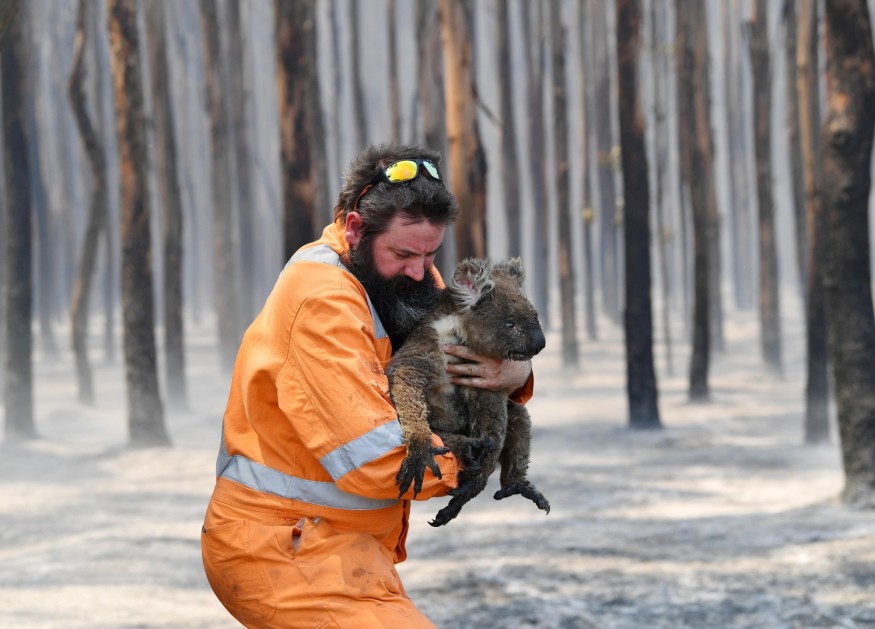
Australia's scorching dry situations that caused its woodland and fields for the bush fires that have been ravaging the country since September is likely to continue, scientists warn. Climate change has probably made the situation worse.
Scientists say that the fire risk in Australia remains high. Dan Pydynowski, a senior meteorologist at AccuWeather, said Southeastern Australia's "unusually dry" conditions would need more significant rainfalls sufficient to cut down the threat of fires.
Such prolonged rain, unfortunately, doesn't appear imminent in a couple of weeks. Although the region had a few showers early this week, Pydynowski warns that it has "been unimpressive" and is not enough to substantially reduce fire danger. Significant rain from Tropical Storm Blake is also no longer predicted to reach the region most suffering from the fires.
Pydynowski said "everything is so dry now," adding that and it doesn't take much time for a fireplace to spark and blow up and spread.
Climate scientists warn that the size and devastation of the wildfires are clean examples of the way weather trade can intensify forest disasters.
Stefan Rahmstorf, department head at the Potsdam Institute for Climate Impact Research in Germany, told Time that the Australian bush fires had been exacerbated by two factors which have a "well-established" hyperlink to climate change.
Rahmstorf, who also serves as a lead creator of the United Nations' Intergovernmental Panel on Climate Change's Fourth Assessment Report, said warmness and dry conditions are the needed factors.
In current years, Australia has experienced long-term dry situations and distinctly low rainfall. Scientists say that droughts within the country have gotten worse over the latest decades. At the same time, the US has recorded report high temperatures; ultimate summer was the hottest on a report in the United States.
Rahmstorf explained the crops and the soils dry out extra quickly due to higher evaporation rates in warmer temperatures. The warming itself, he added, might already cause drying of vegetation and therefore increased fire chance.
Australian Prime Minister Scott Morrison, who resisted the country's call to reduce its carbon emissions, was accused of underestimating the link among the bush fires and climate alternate.
The Prime Minister said in a November interview that there isn't "credible medical evidence" that curbing emissions might lessen the fires.
However, scientists strain that while many assets may additionally ignite fires - which includes arson - whether the exchange is a significant purpose why recent the blazes in Australia have been so destructive.
There are efforts to downplay the exact position of weather change in worsening Australian bush fires or to blame 'arson' as a manner to distract from the growing threat of climate trade, said Peter Gleick, a climate scientist and co-founder of Pacific Institute in California. The efforts, according to Gleick, should be referred to as out for what they are: gross weather denial.
© 2025 NatureWorldNews.com All rights reserved. Do not reproduce without permission.





